Recursively enumerable languages/sets are also known as semi-decidable. They aren't decidable, because there isn't a machine that looks at the input and says yes or no (correctly). Semi-decidable means you can write a machine that looks at the input and says yes if the input is in the set, or fails to halt if the input is not in the set. Semi-decidable turns out to be equivalent to recursively enumerable in the same way that decidable is equivalent to recursive:-
If you have a Turing machine R that enumerates a recursively enumerable language, you can make a new machine D that takes an input that may or may not be in the language/set. D runs R until R outputs the first element of the set, and then D compares that with its input. If they match, it returns a "yes" result. If they don't match, it continues running R until it gets the next element, and so on. Since R never halts (because the language is only recursively enumerable, not recursive), D will either answer yes or not halt.
Conversely, if you have a Turing machine D that answers yes or fails to halt, you can make a new machine R which uses the usual technique to run several instances of D in parallel one step at a time with various inputs: all the elements which may or may not be in the set. Every time one of the parallel executions of D halts with a "yes" answer, R outputs that input of D, and continues executing D on all the remaining inputs. R will never halt (because there are some inputs on which D will not halt), but eventually it will output every element for which D answered "yes", that is, every element in the set/language.
Don't get confused into thinking there are three (disjoint) kinds of sets: decidable, semi-decidable, and undecidable. There are two kinds: decidable and undecidable. All of the decidable sets are also semi-decidable (though it's unusual to say it that way). Some of the undecidable sets are also semi-decidable. This is just the same as saying that all enumerable sets are recursively enumerable, and some non-enumerable sets are recursively enumerable.
